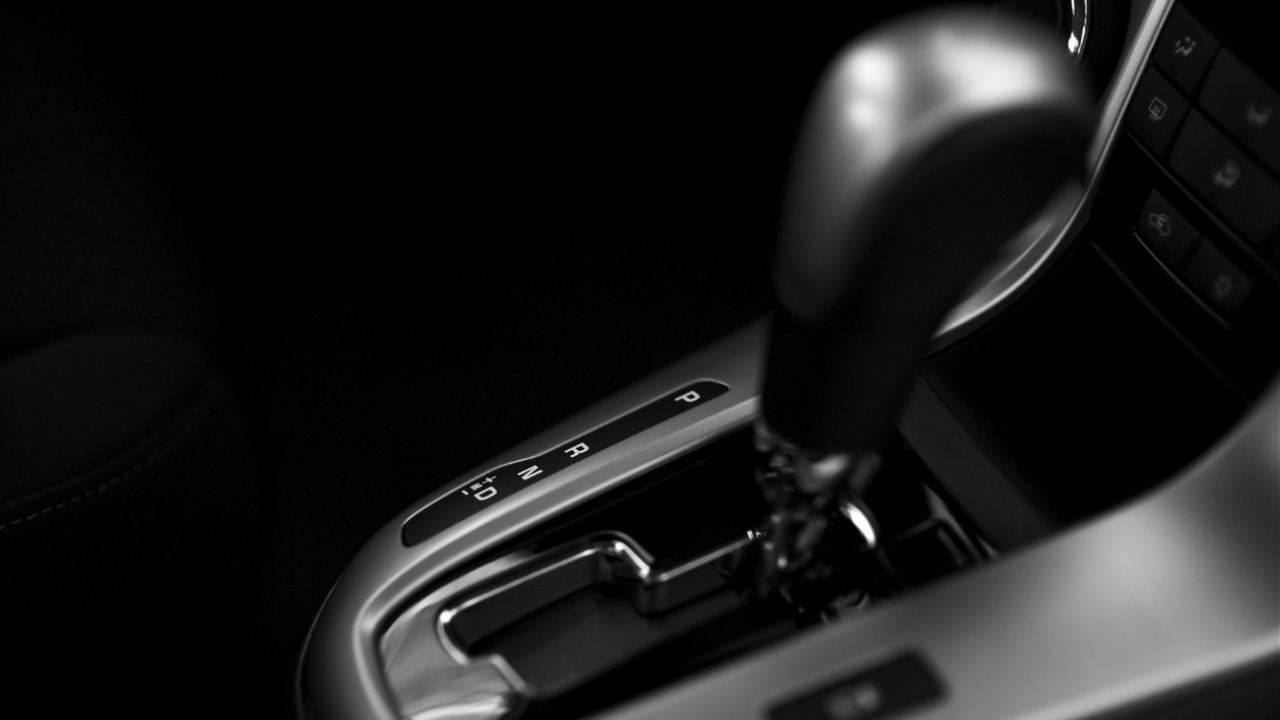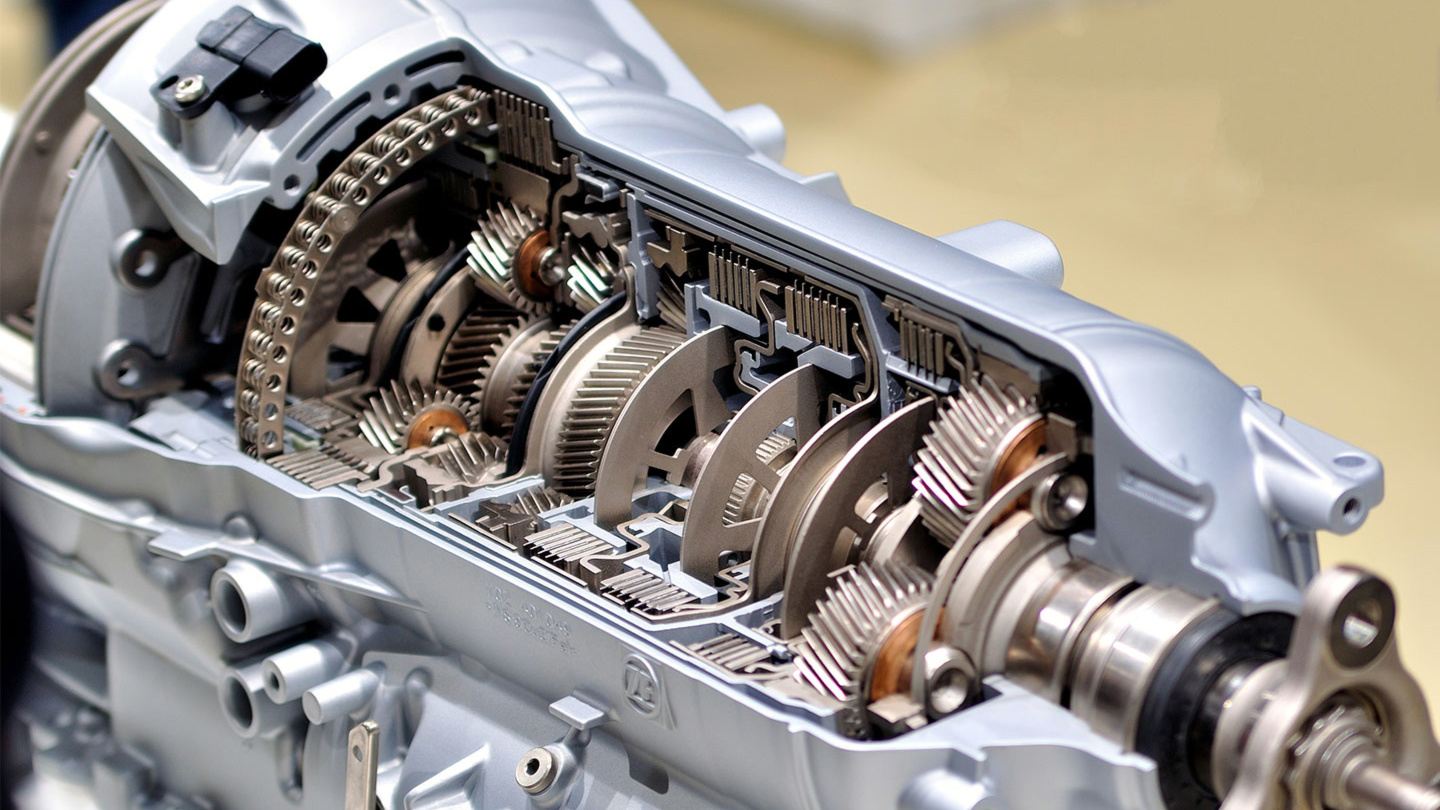Automatic Gearbox Problems: Here Is A Detailed Guide On Symptoms, Causes & Fixes

An automatic gearbox, while incredibly convenient, can sometimes become a source of frustration. But don’t panic, this comprehensive guide will equip you with the knowledge to identify automatic gearbox problems, understand the causes, and explore potential solutions.
Understanding Automatic Gearbox
Before diving into problems, let’s shed some light on how this marvel of modern engineering works. Unlike a manual transmission where you control gear changes with a clutch pedal, an automatic gearbox does the heavy lifting for you. Here’s a simplified breakdown:
- Torque Converter: This component multiplies engine torque, allowing the engine to rev freely while the car starts from a stop.
- Planetary Gear Set: This intricate set of gears provides different gear ratios for acceleration, cruising, and highway driving.
- Hydraulic System: Fluid, controlled by a network of valves and solenoids, directs power through the planetary gear set, dictating gear changes.
- Transmission Control Module (TCM): This computer brain receives signals from various sensors and controls the hydraulic system for smooth gear changes.
Read this linked article to know the different types of gearboxes used in cars.
Gearbox Trouble Symptoms
A healthy automatic gearbox should shift smoothly and deliver power efficiently. However, several telltale signs can indicate trouble brewing:
- Shifting Problems: This can manifest in various ways, including delayed or jerky gear changes, hesitation when shifting, or slipping gears altogether. The car may feel like it’s “revving” but not accelerating properly.
- No Engagement or Gear Lockout: The car may not move even when you put it in gear, or it may get stuck in a particular gear, refusing to shift.
- Strange Noises: Whining, humming, clunking, or grinding noises coming from the gearbox are all red flags, indicating internal component wear or malfunction.
- Burning Smell: This is a serious symptom, often caused by overheating due to low fluid or slipping clutches. Pull over immediately and avoid further driving.
- Check Engine Light: While not always specific to the transmission, a lit Check Engine Light can indicate issues that affect gearbox performance.
- Low Power: The car may feel sluggish or unresponsive, even when pressing the accelerator. This could be due to internal friction or slipping clutches within the gearbox.

Common Gearbox Troubles
Now that you know the symptoms, let’s explore the underlying causes of automatic gearbox problems:
Low or Dirty Transmission Fluid
Transmission fluid is the lifeblood of the system, lubricating moving parts and keeping things running smoothly. Low fluid levels or degraded fluid due to infrequent changes can lead to overheating, increased wear, and shifting problems.
Worn-out Clutch Plates
Over time, the friction material on the clutch plates wears down, leading to slipping and burning. This can cause hesitation, delayed gear changes, and a burning smell.
Internal Component Wear
General wear and tear on gears, shafts, and bushings inside the gearbox can lead to problems like grinding noises, difficulty shifting, and power loss. This typically occurs in high-mileage vehicles.
Overheating
Gearbox overheating due to towing heavy loads, low fluid, or internal friction can accelerate component wear and lead to major failure.
Uncommon Gearbox Troubles
Solenoid Issues
Solenoids are electronic valves that regulate fluid flow within the gearbox. A malfunctioning solenoid can cause erratic shifting, hesitation, or even complete failure to engage gears.
Torque Converter Problems
The torque converter can develop shuddering or vibration, especially during acceleration, if it malfunctions. In severe cases, it may fail to transmit power efficiently, leading to a lack of power.
Hydraulic System Faults
Leaks or problems within the hydraulic system that control gear changes can cause various shifting issues, like delayed engagement or harsh gear changes.
Faulty Transmission Control Module (TCM)
The TCM is the brain of the automatic transmission. If it malfunctions, it can lead to a variety of problems, including erratic shifting, delayed engagement, and even complete failure.
Sensor Issues
Various sensors monitor aspects like engine speed, throttle position, and transmission fluid temperature. Faulty sensor readings can confuse the TCM and cause shifting problems.

Fixing Transmission Issues
While some transmission problems might require a complete overhaul, there are potential solutions for various issues:
- Fluid Service: A simple fluid change with a new filter can often address problems caused by dirty or low fluid. This is a preventative maintenance task as well.
- Clutch Replacement: Worn-out clutch plates need to be replaced, though this is a more involved repair.
- Cooling System Improvements: If overheating is a recurring issue, adding an auxiliary transmission cooler can help alleviate stress on the system, especially for vehicles used for towing or driven in hot climates.
For a comprehensive diagnosis, consulting a qualified mechanic is recommended. They can assess the transmission, ignition system, sensors, and other components to pinpoint the problem.
Get a complete inspection of your vehicle from DubiCars. Our partner AutoHub evaluates the car with over 240 checkpoints and provides a comprehensive report on the condition of the car.
Preventive Maintenance
- Regular Transmission Fluid Service: Following the manufacturer’s recommended schedule for gearbox fluid changes and filter replacements is crucial for maintaining optimal performance and longevity.
- Avoid Harsh Shifting: Aggressive acceleration and slamming on the brakes can put unnecessary strain on the gearbox. Smooth driving habits contribute to a healthier gearbox.
- Towing Capacity: Don’t overload your vehicle. Exceeding the towing capacity puts excessive stress on the gearbox and can lead to overheating and damage.
By understanding the signs of automatic gearbox problems, their causes, and potential solutions, you’re well on your way to keeping your car running smoothly. Remember, preventative maintenance is key to avoiding costly repairs down the road.
Find used cars for sale in the UAE and new cars for sale in the UAE.
Subscribe to DubiCars’ WhatsApp Channel for the latest automotive news, guides, polls, and informative infographics.
Stay tuned to UAE’s most popular auto blog for more information about car mechanicals.
Also Read:
- Abandoned Cars In The UAE: Top Things To Know
- Guide To Automotive Terms — Car Segments
- How To Get The Best Price For My Used Car?








